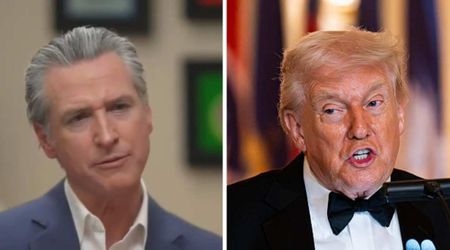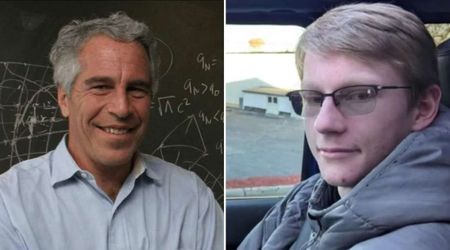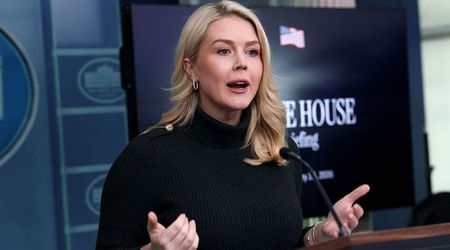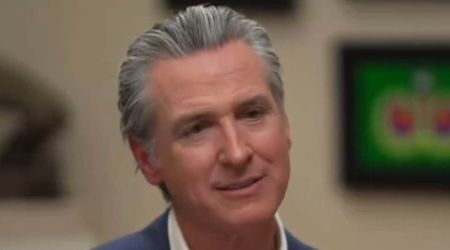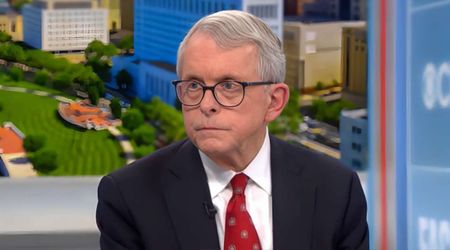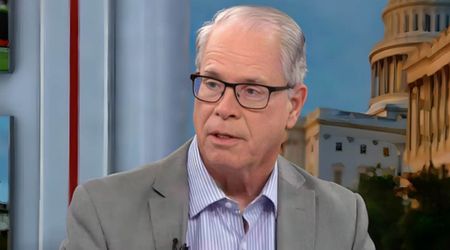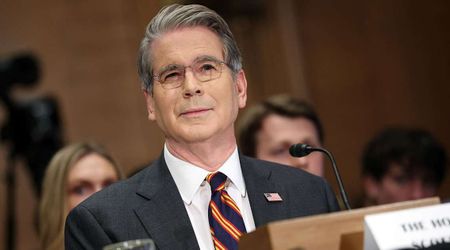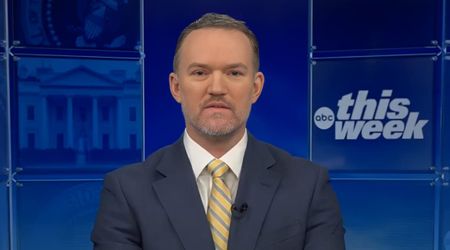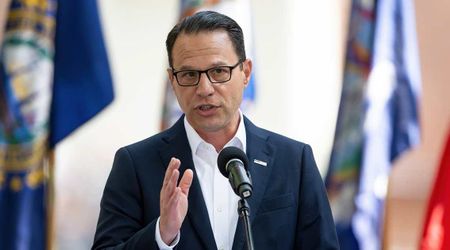Mark Levin accuses ABC News' Rachel Scott of trapping Trump in a 'setup' while moderating NABJ convention

WASHINTON, DC: Mark Levin's recent commentary on former President Donald Trump's questioning at the National Association of Black Journalists (NABJ) convention has ignited a heated debate.
Levin, a prominent conservative voice, asserted that Trump was unfairly targeted by Rachel Scott of ABC News during his appearance at the NABJ event.
The moderators - ABC News' Rachel Scott, Semafor political reporter Kadia Goba, and Fox News anchor Harris Faulkner - were appointed by NABJ.
Mark Levin critiques the conduct of ABC News moderator Rachel Scott
Mark Levin claimed, “The ABC News moderator employed a series of accusatory questions that were designed to undermine Trump rather than elicit balanced responses.”
He argued that Scott was not acting as impartial journalists but as a “propagandist.”
Levin’s critique highlights what he perceives as a pattern of media bias against Trump. He suggested that the questioning amounted to a "setup," with the intent to trap Trump rather than engage in a fair discussion.
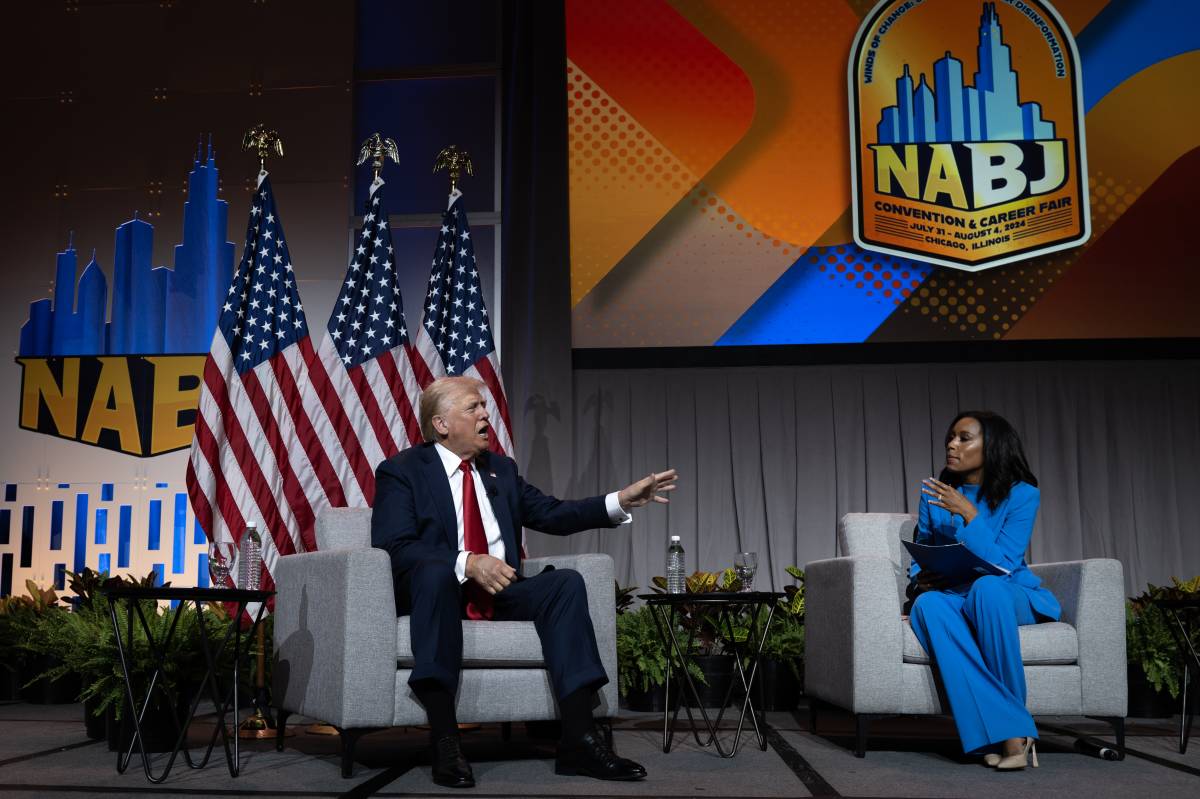
Levin stated, “You do not make an accusation after accusation after accusation,” likening the interview to a politically motivated attack rather than an objective exploration of issues.
In his analysis, Levin pointed out several policy achievements of the Trump administration that he believes were deliberately ignored. For example, he mentioned the First Step Act and its impact on criminal justice reform, emphasizing that “90% of those sentences reduced under the First Step Act were Black.”
Mark Levin questions media omission of Trump’s policy achievements
Levin questioned why these contributions were not acknowledged, suggesting that the moderators “did not mention” Trump’s efforts to support historically Black colleges and universities (HBCUs) and to create Opportunity Zones.
He asked rhetorically, “How come she did not mention President Trump’s designation of 87 Opportunity Zones?”

Levin expanded his critique to argue that media bias is part of a broader pattern of propaganda. He asserted, “The media in America works in a way that alive becomes the truth and the truth becomes a lie,” accusing the press of manipulating public opinion to support a specific political agenda.
Levin criticizes media practices as ideologically driven, not truth-seeking
According to Mark Levin, this form of journalism is not about truth-seeking but about advancing a narrative that fits a particular ideological stance.
The discussion brings to light ongoing concerns about media objectivity and its impact on political discourse. Levin’s perspective reflects a broader skepticism about the integrity of media practices.
As he put it, “It is up to the American people to cut through all the static and understand exactly what’s going on in this country,” underscoring the need for critical engagement with media narratives.

